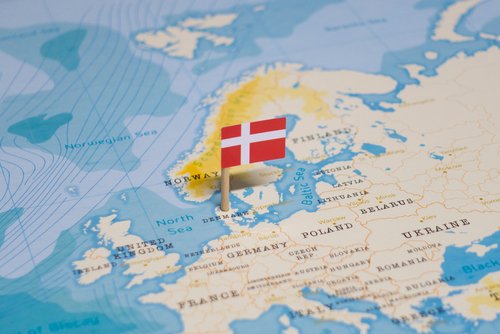Belgium, (Brussels Morning Newspaper) The European Commission has approved Denmark’s aid scheme worth 3.4 billion euro to help companies weather the crisis.
In a statement on Monday, the EC pointed out that it approved the scheme under the state aid Temporary Crisis Framework which allows EU member states to provide aid to their economies during crises.
Margrethe Vestager, European Commissioner for Competition, pointed out “in the current context of economic uncertainty, this 3.4 billion euro scheme will enable Denmark to provide liquidity support to companies for deferring part of their energy bills, allowing them to continue their activities.”
The Danish Business Authority is to manage the subsidised loan scheme, which will be available for “deferral of the bills for electricity, gas and district heating for all types of companies” as well as for energy suppliers, to help them cover administrative costs connected to deferrals.
Under the scheme, small and medium-sized enterprises (SMEs) will receive loans to cover their solvency needs for 12 months, while loans for their larger counterparts will cover 6 months.
The EC pointed out that individual aid amount per beneficiary will be limited to 2 million euro for gas and electricity bills, and 500,000 for district heating bills. Energy suppliers can receive aid equal to 15% of their average annual revenues and up to 134,500 euro.
The Commission stressed that the Danish scheme is in line with EU rules as loan maturity does not exceed 6 years, interest rates are above the minimum required under the Temporary Crisis Framework and the aid will be granted by the end of next year.
Complementary aid scheme
The EC noted that Denmark launched another scheme worth 1.3 million euro to help small and medium-sized energy companies that provide district heating. It will be provided in the form of grants to cover administrative costs of payment deferrals, with beneficiaries to receive up to 13,440 euro.
The second scheme is in line with EU rules, the EC pointed out, as it is appropriate, proportionate and necessary to address serious economic disturbances.
The Commission reminded that it adopted the Temporary Crisis Framework in March this year to help EU member states support their economies during crises.




